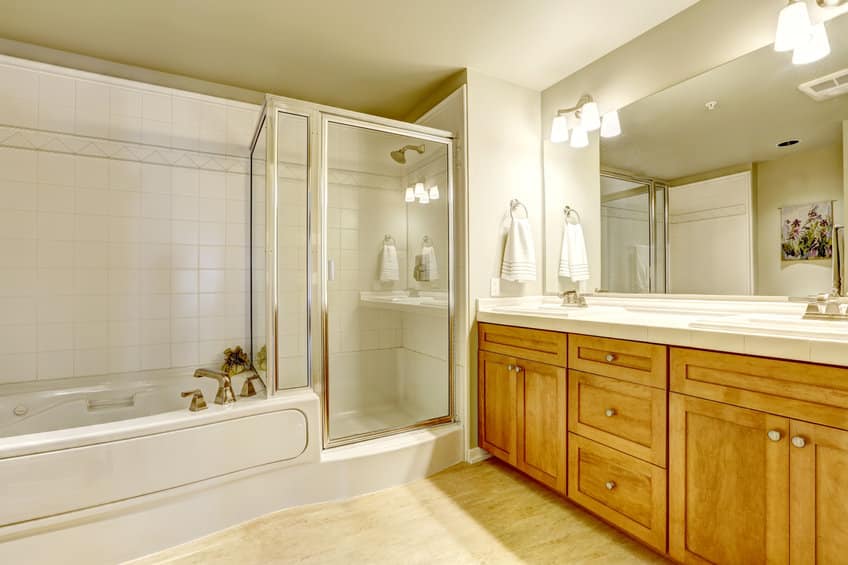By Andrew Amouzou –
Nothing beats a nice, hot bath at the end of a hard day’s work, right? Well, maybe a warm shower right before going to sleep does. Whatever decision people make, they can’t go wrong as both have unique benefits. Some experts argue, there are even situations where one might be better than the other.
In the United States, showers are more common than baths mainly due to convenience. And given that the average shower time is around eight minutes, according to the Center for Disease and Control and Prevention (CDC), it shouldn’t be surprising. Regardless, those eight minutes can be quite beneficial no matter the temperature.
Cold showers are known to be a great addition to a post workout regime, as it can be vital towards muscle recovery and reducing joint pain. But hot showers have their own perks, primarily by relaxing the body and improving sleep.
With the variety of benefits that showers have in the debate against taking a bath, the convenience of time is still a large factor into its popularity.
Not only is it quicker, it’s also an easier way to clean the body entirely without being stuck in residue. Healthline reports that showers evenly distribute water over the body. Moreover, even water distribution helps when mixing with soap to break apart and rinse off oils, dirt and sweat that gets stuck in the skin. Possibly the most significant perk though is that it all drains out immediately unlike sitting in a bath.
Like a nightly bath to unwind and relax? Don’t panic. Healthline cites that baths are great for relaxing muscles, stimulating the nervous system and gently exfoliating skin. Simply having the body submerged under water has its own benefits and it all depends on the temperature and water pressure, Lifehack says.
In warmer water, the heart beats faster and oxygen intake increases. In colder water, or unheated pools and baths, the risk of infection in those who have COPD (chronic obstructive pulmonary disease) decreases and lung growth is optimized.
Taking a bath is also constructive in muscle and joint recovery, maximizes relaxation and minimizes pain in pregnant women (although pregnant women should be aware of how long and at what temperature their baths are) and balancing hormones. Baths may even be more instrumental in exfoliating and hydrating the skin more than taking a shower. Plus, the additions of certain oils and bath soaps will enhance skin hydration and moisturization.
With the bodily benefits at hand, what about the difference in environmental impact. It may seem like a no-brainer, but showers typically require less water. One bath is equivalent in water consumption to a 19-minute shower . Admittedly, the advent of higher-powered water pressure means that showers might use the same amount of water as a bath in just about 10 minutes.
When it comes to the debate of which is the better cleanser, showering or taking a bath, it is really all about preference. If someone is looking to relax their mental and muscles, a bath might be the best bet. However, it is important to rinse off a final time before getting out of the tub so that residue doesn’t remain on the skin.
Showers are the clear winner for daily cleaning and convenience.






